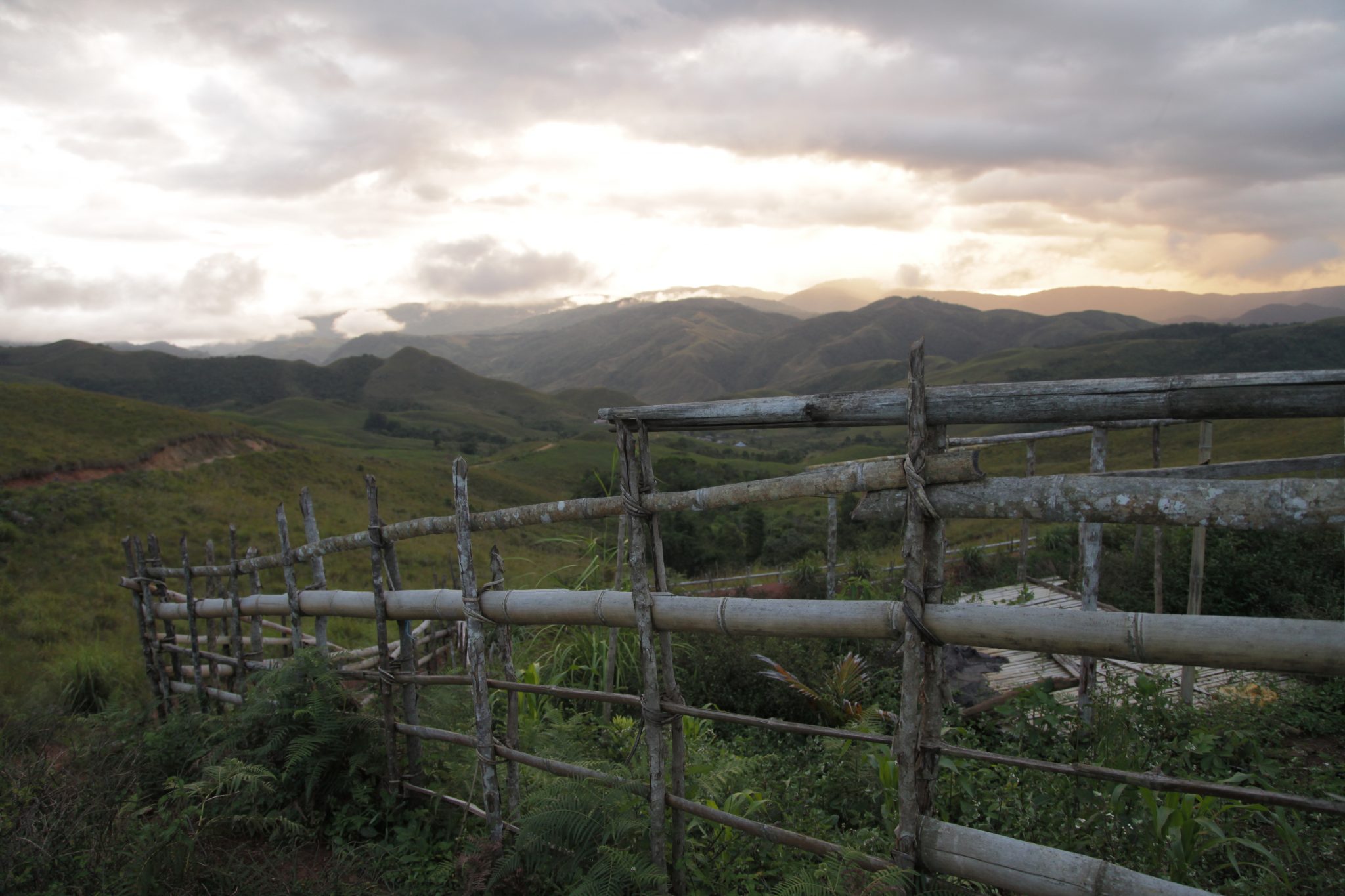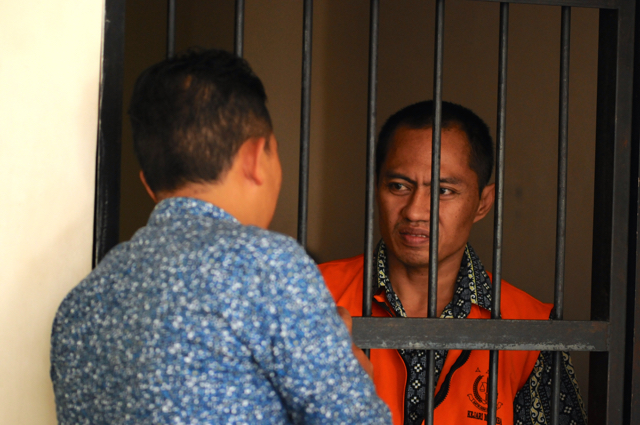#SaveSeko: An Introduction
Putting the campaign in context:
During the DI/TII rebellion (one intending to turn the republic into an Islamic state), a war between the Kahar Muzakar’s troops and the Indonesian Army broke out in Sae – the Ambalong customary territory. All the rice paddies were abandoned as the community fled the area. After the war ended and DI/TII was disbanded, they returned in late 1990s and opened up the land again as they ran out of rice.
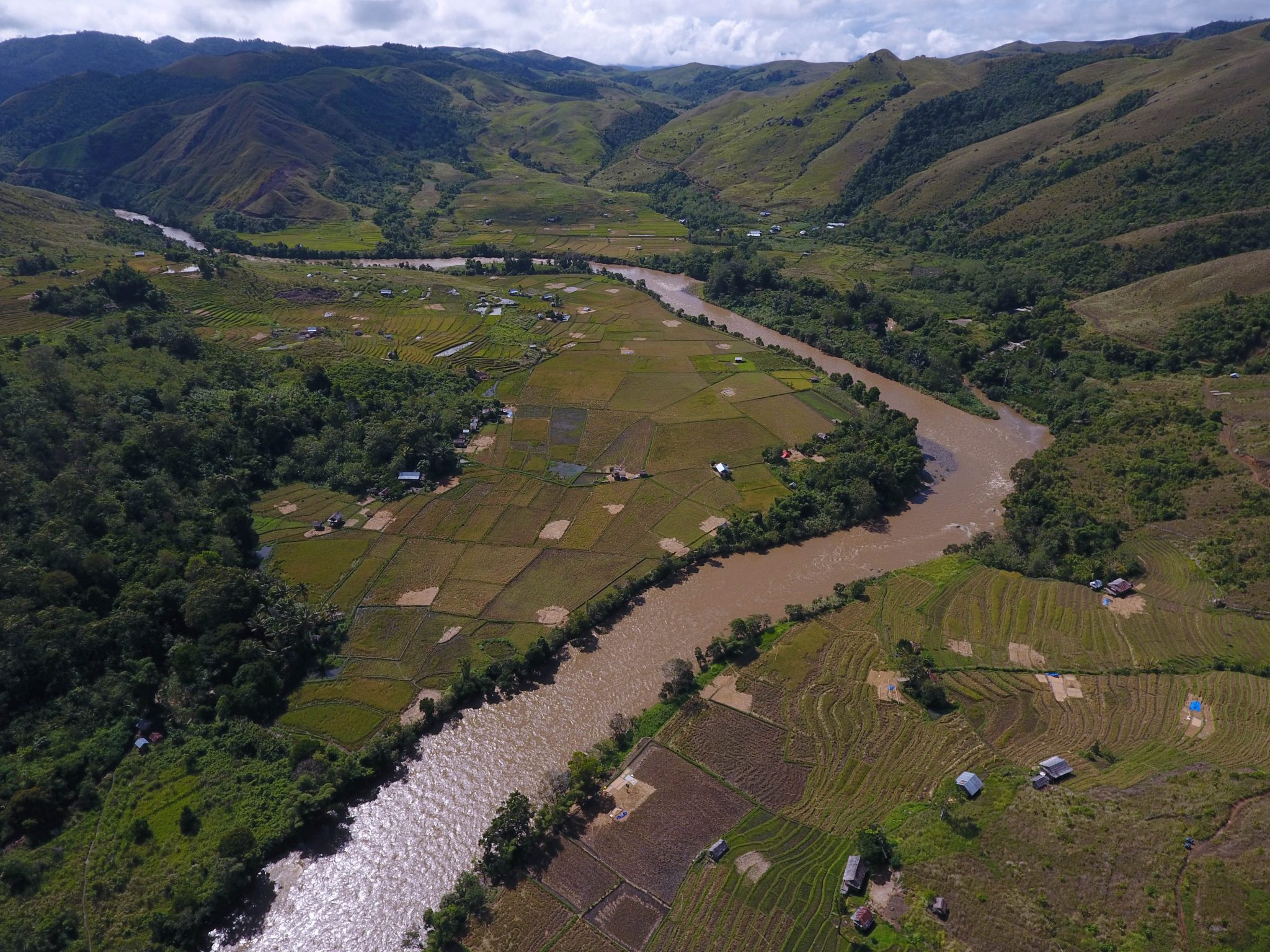
#SaveSeko Chapter One: The Never Give Up Seko
Our trip to Seko this time was to document how the community of Central Seko has been struggling in the last three years to defend their customary territories against a hydroelectric power plant project. The government’s response to the protest was quite bitter; 14 community members have been arrested.

#SaveSeko Chapter Two: The Green Valley of Sae The Ancestral Inheritance
The Seko have tried to help the government save the money allocated for cheap rice for the Seko but it was the government itself that would impoverish and inflict suffering to the Seko through the plan to wipe up their rice barns. “With the loss of our rice barn, my community will definitely get poor.” said R. Kondo Lada’.
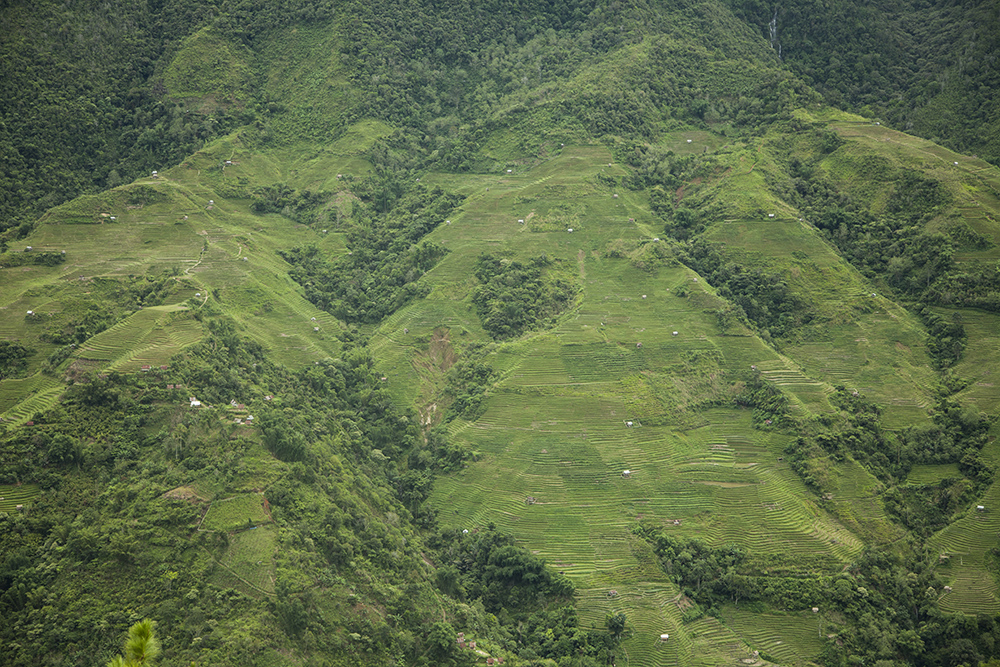
#SaveSeko Chapter Three: Seko Women’s Struggle
More than 400 women occupied Puriliang, one of PT Seko Power Prima’s geological survey sites in Pokapaang. In turn, they spent the night there preventing the workers from using the drilling equipment. The women had to take over the activity, previously done by their men, as the men protesting the activity were imprisoned. “We put up tents and slept for days here, in the drilling site. We all speak with one voice,” said Hasmin Tarundu (45) from Malino Hamlet, Tanamakaleang Village.
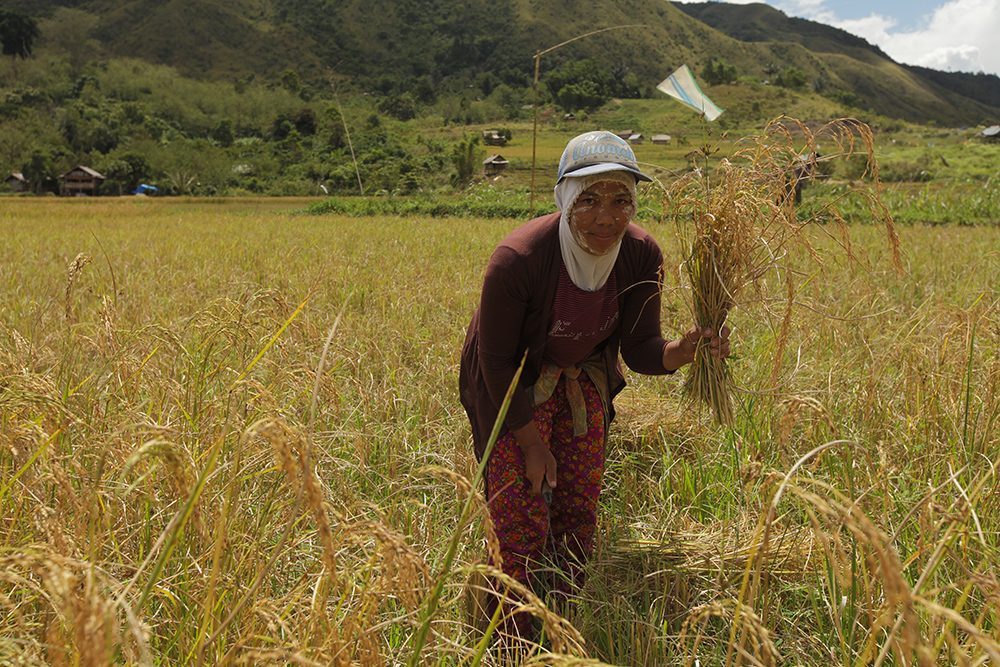
#SaveSeko Chapter 4: The New Customary Institution Being Denied
The arrest of fourteen members of the Seko was purely associated with political interests. The fourteen, with thousands of other Seko members, had from the beginning rejected the company’s operation. If they had not been arrested, the opposition would have remained strong.
